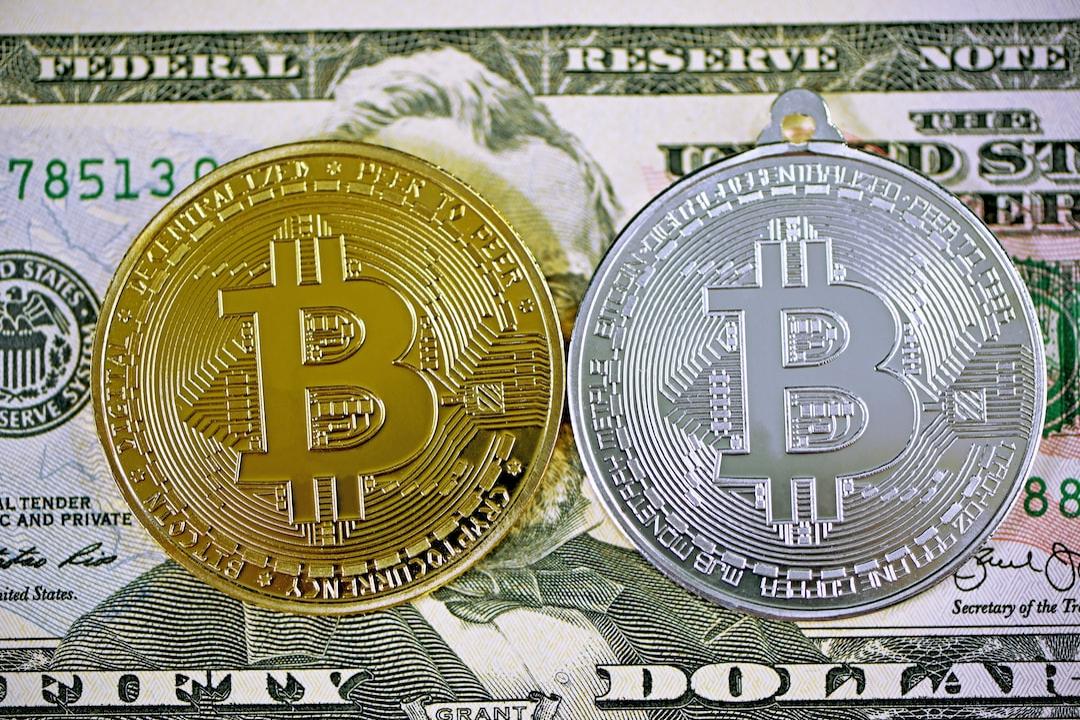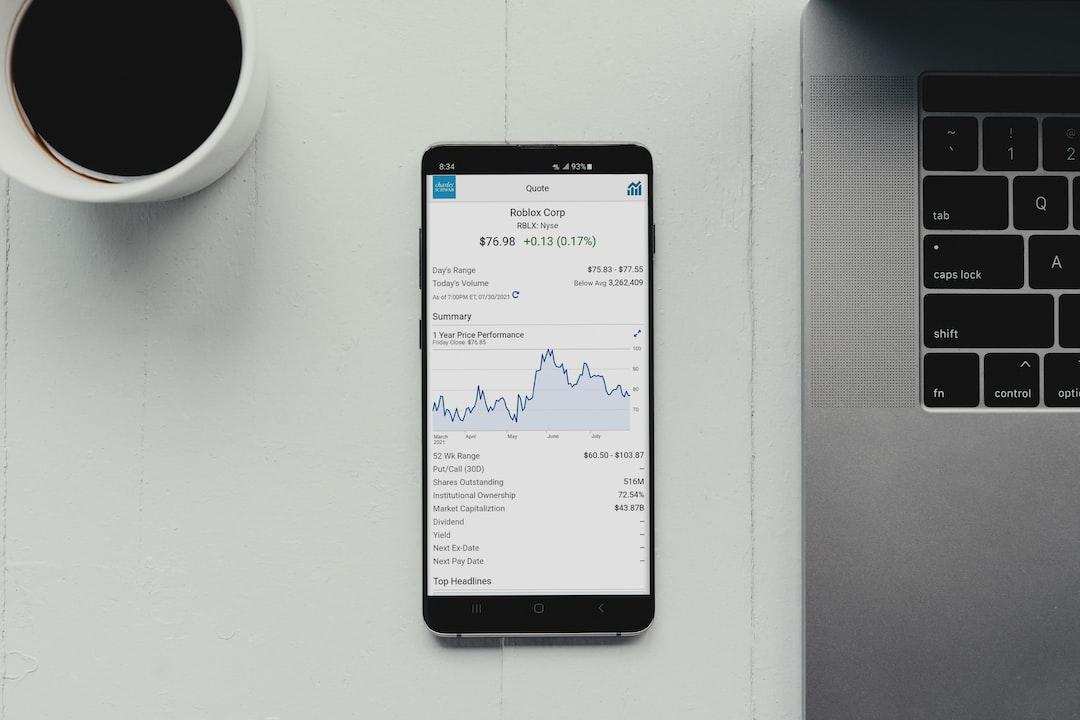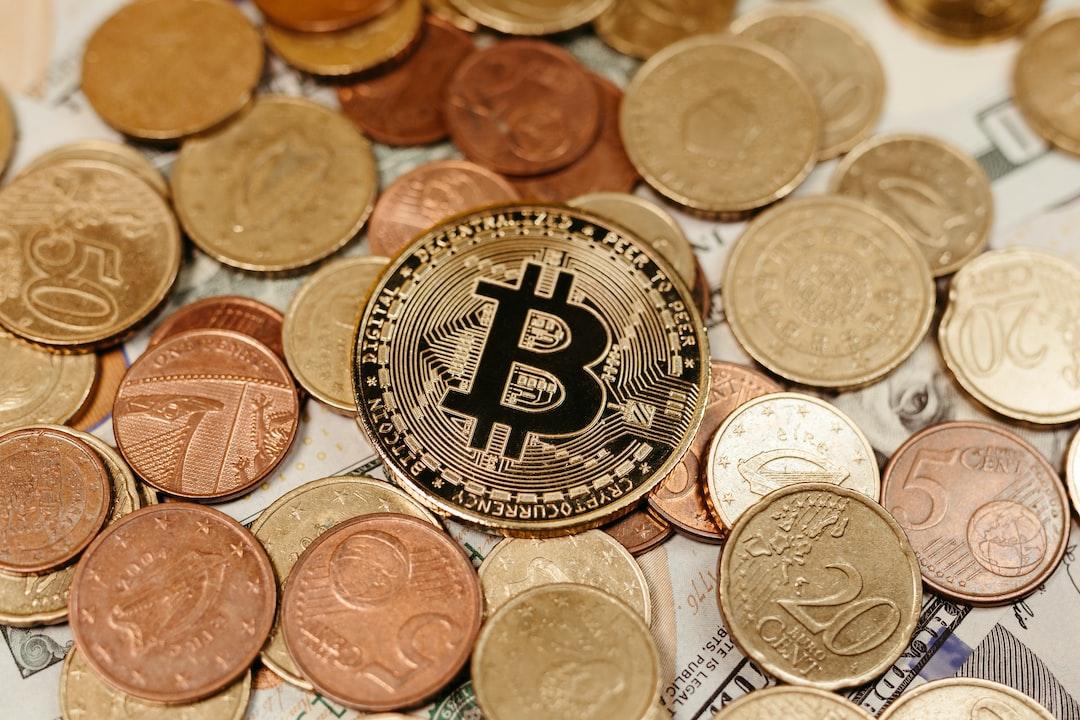Yesterday (7/4) was the American Independence Day, a celebration once synonymous with the American Dream—ideals of prosperity and opportunity. The author draws parallels between this concept and Bitcoin. This article originates from George Kaloudis, compiled, edited, and written by BitPush.
Summarizing recent context:
“Will the Fed cut interest rates in September? Powell’s latest remarks: Significant progress in U.S. inflation resistance, implying deficit reduction should be considered sooner.”
Background:
“VanEck: Approval of Solana Spot ETF Depends on U.S. Election and SEC Chairman, Replacing Gensler Would Be Better!”
Describing America using poet Walt Whitman’s phrase, “I am large, I contain multitudes,” how cliché: the land of the free, home of the brave, city upon a hill. Times change; this nation (and the people constituting it) have changed significantly. These phrases now seem clichéd, tinged with irony. Just as the motto on the U.S. emblem changed from “Out of Many, One” to the candid yet perplexing “In God We Trust.”

One unchanged name, at least in title, is that of the American Dream. It tells people that success can be achieved through sacrifice, talent, hard work, and perseverance—not merely luck.
However, the American Dream holds different meanings for different people. As a first-generation Greek-American, it means utilizing the resources available to me; my grandparents made sacrifices to bring their children away from their homeland for a “generational leap.”
Whose America and whose dream is this so-called American Dream? Is it the dream of those who immigrated from England ten generations ago? Is it the interpretation for those of Irish descent five generations back, or for those whose ancestors were brought on slave ships to America?
Perhaps not.
But this ambiguity isn’t problematic; many important ideas possess such ambiguity—democracy being one. Just because there isn’t widespread consensus to define an idea doesn’t mean it lacks meaning.
Embedded in these ideas are fundamental principles, and despite sounding illogical, Bitcoin and the American Dream are thus intertwined.
The “boilerplate” of Bitcoin:
Some say, “Yes, I know Bitcoin!”
Common responses include: Bitcoin solves XXX problem, Bitcoin is synonymous with XXX hope, you won’t understand, watching digital rise is fun while remaining poor.
Comparing Bitcoin to the American Dream might seem cliché, but from my perspective, their similarities are apparent.
Superficially, Bitcoin and the American Dream complement each other. Achieving success through “hard work”? That’s precisely how Bitcoin mining operates: the more effort you put in, the greater the reward.
We could pose more questions.
Is Bitcoin peer-to-peer electronic cash? Is Bitcoin digital gold? Is Bitcoin a store of value? Can Bitcoin achieve a clean energy transition? Will Bitcoin use up all our water? Will Bitcoin protocols lead to more ransomware? Can Bitcoin empower individuals in oppressive regimes? Will Bitcoin weaken the Federal Reserve? Will Bitcoin make you bankrupt? Will Bitcoin make you rich? Is Bitcoin anti-inflationary money? Is Bitcoin a Ponzi scheme?
The answers to these questions depend on whom you ask. Thus, Bitcoin and the American Dream are more similar beneath the surface.
For me, a U.S. citizen with full banking access, Bitcoin means something different; I can use any financial product I can think of and have relatively stable local currency.
But for Afghan woman Roya Mahboob, the meaning of Bitcoin is different; she uses Bitcoin (and other technologies) to help Afghan girls overcome gender inequality and access education.
For Argentinians and Venezuelans facing rampant hyperinflation, the meaning of Bitcoin also differs.
All these meanings of Bitcoin are valid. Bitcoin “contains multitudes,” welcoming diverse users. Enabling these users to transact without permission is the essence of Bitcoin as a peer-to-peer electronic cash system.
Bitcoin enthusiasts agree that Bitcoin can have many meanings, just as Americans agree that the American Dream (and America) can have many meanings.
One thing is certain: just as Americans are connected by the American Dream, the spirit of Bitcoin—freedom in transactions—connects Bitcoin enthusiasts.
The cynical side…
I deliberately avoided the above questions because they’re currently the most pressing issues for both America and Bitcoin.
Is America controlled by Wall Street “capital”? Is Bitcoin?
George Carlin once famously said on his comedy show, “It’s called the American Dream because you have to be asleep to believe it.”

To him, this country has long been exploited by “capital.” To some extent, I share this cynicism. Consumerism and dollar hegemony embarrass me as an American.
The father of Gonzo journalism, Hunter S. Thompson, expressed similar views in his famous work “Fear and Loathing in Las Vegas: A Savage Journey to the Heart of the American Dream.”
You can glean his stance from the title itself: Las Vegas as the epicenter of gambling and entertainment, a caricature of American extravagance and consumerism—both possibly tarnishing America’s reputation (alongside vivid descriptions of drugs highlighted in the book).
As for Bitcoin, currently, major financial institutions like BlackRock are promoting Bitcoin through U.S. Spot ETFs, institutionalizing it in a “sanitized” form.
Bitcoin, born from the ashes of the Great Financial Crisis, as a rebuke to the Icarian behaviors of financiers addicted to leverage and synthetic derivatives—now these institutions are advocating Bitcoin purchases. Has Bitcoin fallen under the control of capital interests?
Perhaps, at least in part.
Nevertheless, I believe one of the best aspects of being American is openly criticizing America—similarly, one of the best aspects of being a Bitcoin user is accepting criticism for improvement.
Finally, happy 248th birthday to America!

Related Reports
Criticism of China’s Bitcoin mining ban “makes America laugh,” HKUST Vice President: Hong Kong web3 needs bureaucratic reform
New IRS regulations: Crypto and stablecoin transactions require tax reporting, what impact will this bring?
Jump! Bitcoin breaks through $63,000, Ethereum surpasses $3,400 this week’s volatility warning: Global PMI, U.S. non-farm employment, FOMC meeting minutes


